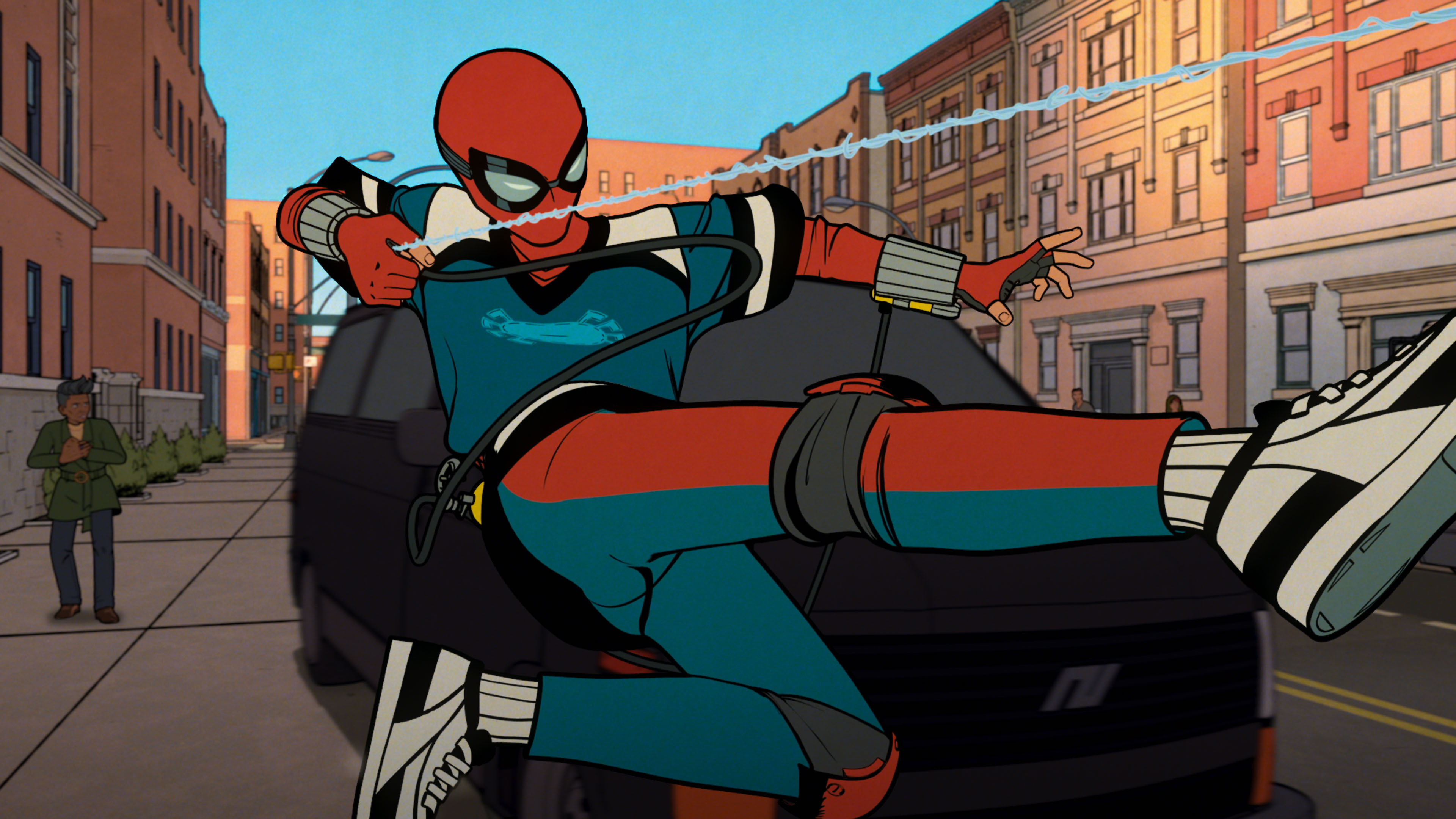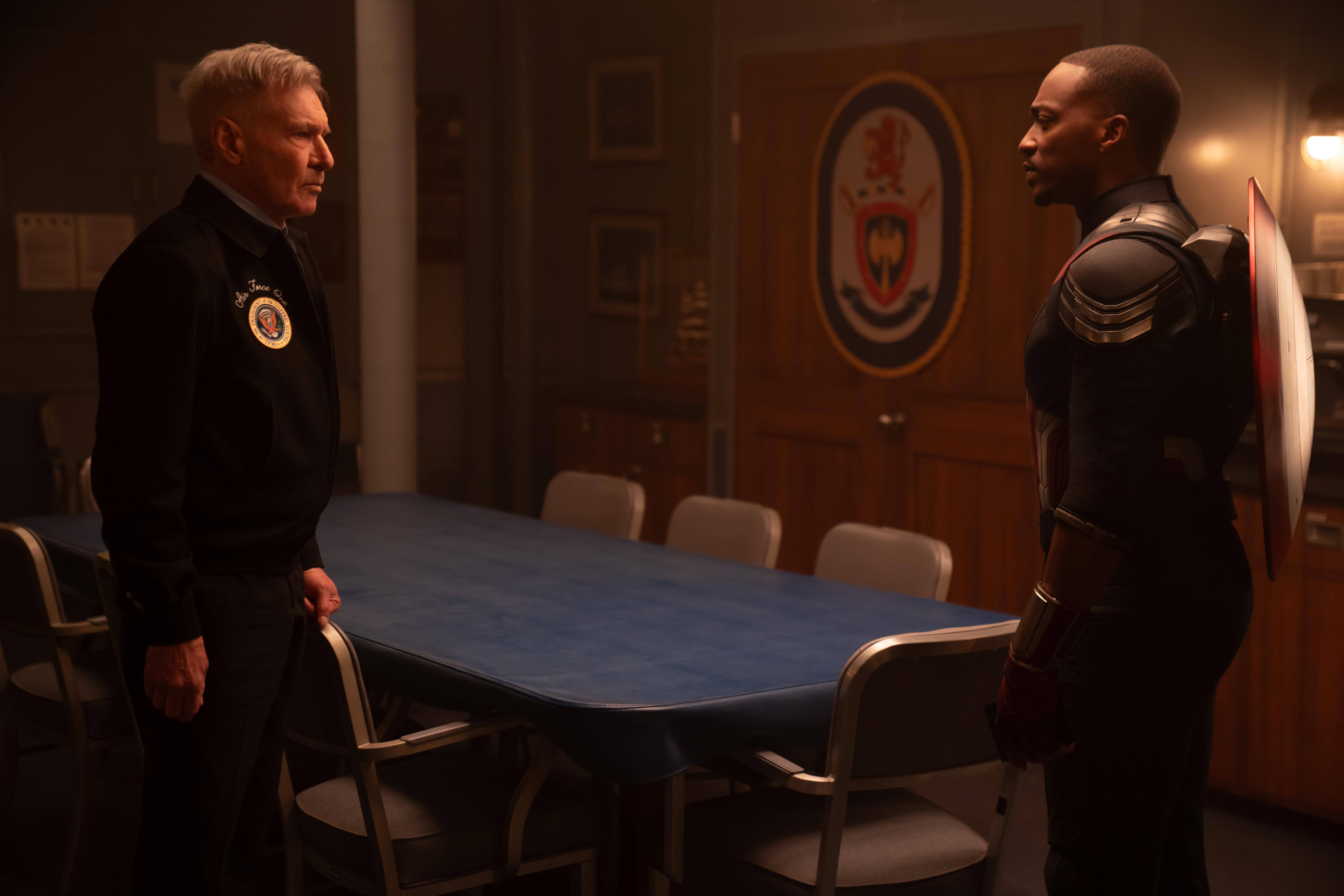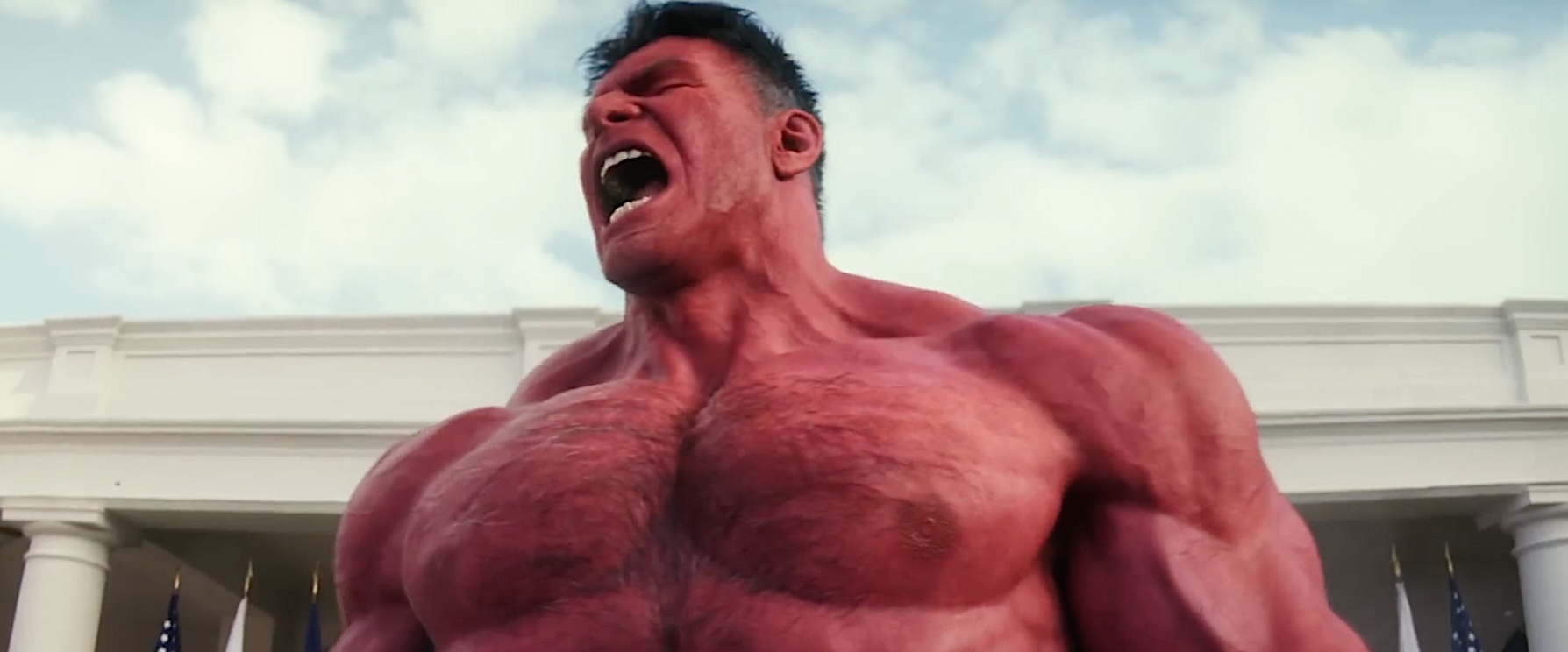Every team behind a book-to-film adaptation has hard choices to make. But one of the trickiest elements is taking a book that’s very much embedded in a character’s head and putting those moments on screen in an interesting way. Voice-overs can only go so far in conveying the way authors capture specific thought patterns.
That’s the chief challenge in adapting a book like Aristotle and Dante Discover the Secrets of the Universe, Benjamin Alire Sáenz’s 2012 YA queer coming-of-age novel, which soars on the page because of the main character’s internal monologue. The film adaptation from Hara Kiri director and writer Aitch Alberto stumbles a bit in conveying the book’s adolescent angst and poignant longing, often feeling like a collection of snapshots instead of one cohesive movie. Nevertheless, the lead actors carry the film, and the individual scenes are strong, though it never quite captures the deep longing that is threaded throughout the original.
[Ed. note: This post contains some spoilers for the movie’s setup.]
:no_upscale()/cdn.vox-cdn.com/uploads/chorus_asset/file/24904017/AD_AriDante_020.jpg)
Aristotle and Dante Discover the Secrets of the Universe follows Aristotle (Max Pelayo), who prefers to go by Ari. He’s a brooding, lonely teenage boy who by chance meets cheerful, self-assured Dante (Reese Gonzales) one summer at the pool. In spite of their differences, the boys strike up a fast friendship that’s threatened by various roadblocks, including Ari’s internalized self-loathing, Dante’s family moving to Chicago, a terrible car accident, and the conflict between Dante’s self-assuredness about his own sexuality and Ari’s hesitance. Mostly, though, the movie is about Ari’s process of learning to accept himself.
In the book, Aristotle thinks. He thinks hard. He’s plagued by nightmares, and he ruminates on what those nightmares might mean. He jots down his thoughts in his journal, all the things he’s too scared to say out loud. Little of that translates to the screen version of the character. To his credit, Pelayo does pull off Ari’s quiet-yet-lonely, brooding-yet-awkward characterization, with his occasional aching voice-over acting as a stand-in for the book’s reveries and journal entries. The movie does a good job of highlighting Ari’s loneliness.
But it sands off his deeper self-hatred, which stems from a myriad of factors in his life — among them his love for Dante, which he vehemently denies for the majority of the story. This self-criticism and Ari’s refusal to let himself be loved fuels most of his poignant longing, but that never entirely surfaces in the movie, which doesn’t clearly realize the deep pining between the two boys.
:no_upscale()/cdn.vox-cdn.com/uploads/chorus_asset/file/24904021/AD_Ari_030.jpg)
It’s understandable that Alberto glosses over some of these more internal struggles. The weeks Ari spends in a hospital bed, resenting the gratitude Dante’s family shows him after he saves his friend from a speeding car, wouldn’t really make for compelling movie scenes. So those moments are streamlined, even though in the book, they’re vital in hammering home Ari’s disconnect from the people around him. The result is a more cinematic experience, but one that doesn’t entirely clarify the wedge between the two friends, so Ari’s brusque and hostile reactions seem out of place.
That isn’t the only tension Alberto fast-tracks for the movie. All the events seem to go by a lot faster, until they feel like a collection of loose snapshots breezing from one point to the next. That technique moves the story along efficiently, but some of the deeper feelings get lost in the shuffle. Whenever a big emotional beat lands, the movie immediately moves to the next thing, without lingering to explore those emotions. The snapshots themselves are enjoyable: Pelayo and Gonzales fully embody their characters, and they have an easy chemistry. Their connection is believable, though Ari’s turbulent expression of it sometimes feels jarring without his internal monologue to justify it.
The individual scenes that make up Aristotle and Dante Discover the Secrets of the Universe are lovely, full of the longing that defines the novel. Ari drifts through life as an outsider, only really himself when he’s with Dante, but never fully able to open his heart to his friend. But without the emotional weight to anchor them, without really digging into the impact of these scenes and the aftermath, it all floats away, distant as the stars the boys watch on the desert night.
Aristotle and Dante Discover the Secrets of the Universe comes out in theaters on Sept. 8.








